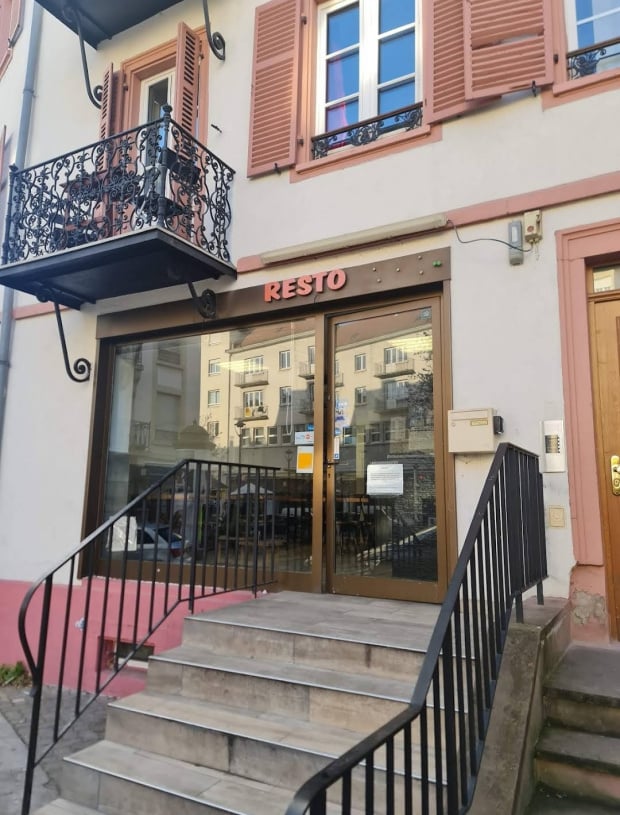
Introduction
Strasbourg, located in the Grand Est region of France, holds significant importance as a cultural and political hub within Europe. This city, known for its unique blend of French and German influences, serves as the seat of the European Parliament and is a key location for various international organisations. Its historical and cultural relevance, combined with its modern-day function as a European metropolis, makes Strasbourg a vital area of focus in discussions around politics, culture, and identity in Europe.
Cultural Significance
The UNESCO World Heritage Site of the Grande Île in Strasbourg is home to stunning architectural marvels, including the iconic Strasbourg Cathedral, renowned for its Gothic style and intricate sculptures. The city’s historical neighbourhoods, such as La Petite France, feature charming timber-framed houses and picturesque canals that attract millions of tourists each year. The city’s vibrant cultural scene is further enriched by numerous festivals, such as the famous Christmas market, which is one of the oldest and most popular in Europe, showcasing local crafts and culinary delights.
Political Relevance
Strasbourg is not just a cultural epicentre but also a significant political hub on the European stage. As the official seat of the European Parliament, it plays a crucial role in shaping European policy and legislation. The European Court of Human Rights, which is also located in Strasbourg, underscores the city’s importance in upholding human rights across the continent. The presence of these institutions not only brings international attention to Strasbourg but also influences local economies and employment.
Recent Developments
Recently, Strasbourg has been in the news due to discussions around the European Union’s response to various geopolitical challenges, including climate change, immigration, and economic recovery post-pandemic. The city is actively involved in hosting discussions and summits aimed at fostering cooperation among EU member states. In addition, Strasbourg’s local government has been working on sustainability initiatives, promoting green transport and urban development to enhance quality of life for its residents while addressing environmental concerns.
Conclusion
In conclusion, Strasbourg represents a unique intersection of culture and politics in Europe, embodying a rich historical legacy while engaging actively in contemporary global issues. As the city continues to develop and adapt to the changing political landscape, it remains a crucial player in promoting dialogue and cooperation across Europe. For readers, the ongoing developments in Strasbourg could influence a range of areas, from international relations to cultural exchange, highlighting the city’s role as a pivotal player in Europe’s future.
You may also like

Discovering the Beauty and Culture of Norway

Exploring East Grinstead: History and Attractions
